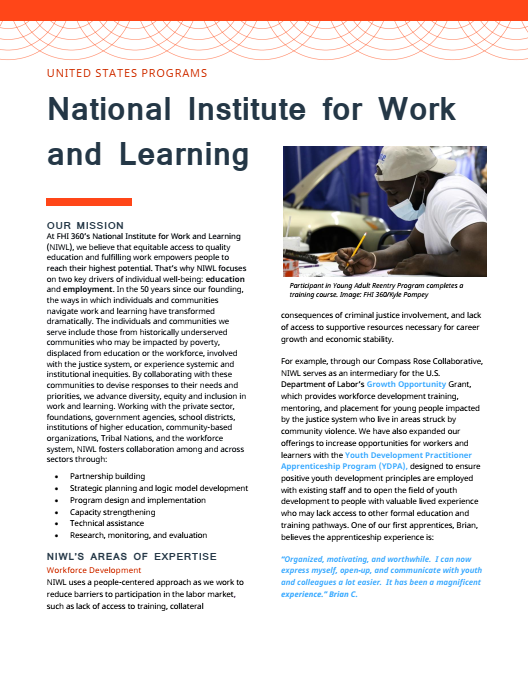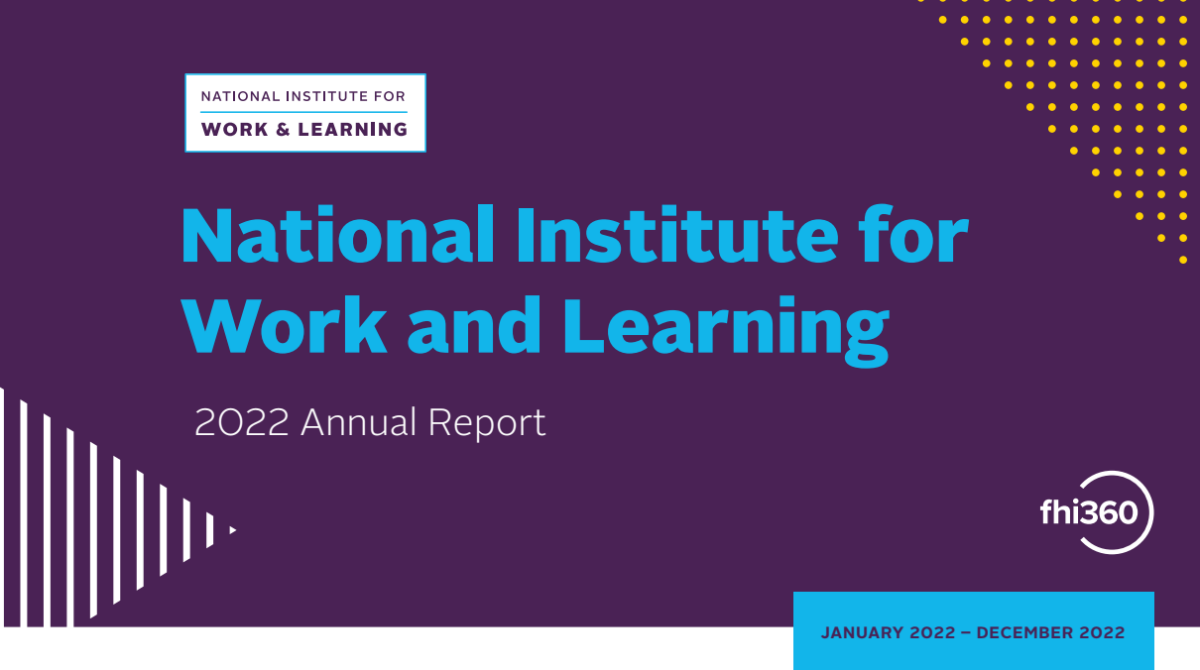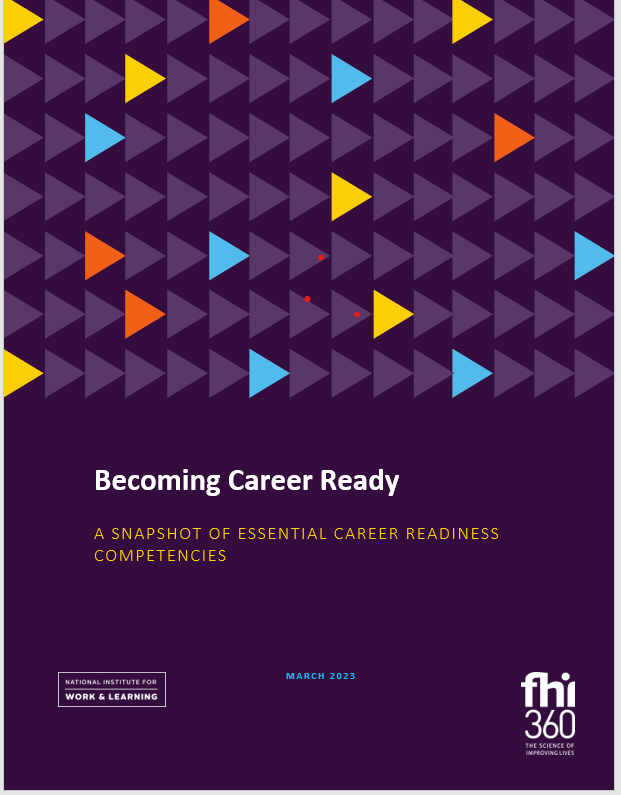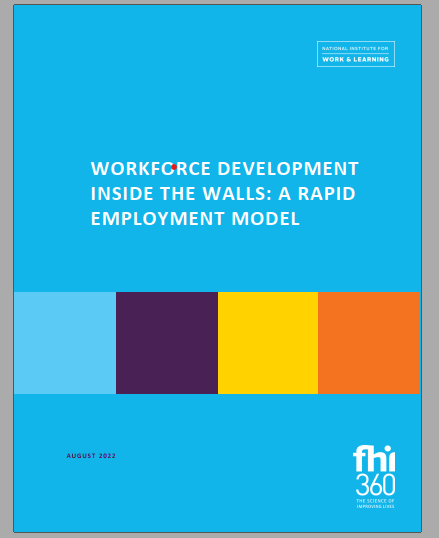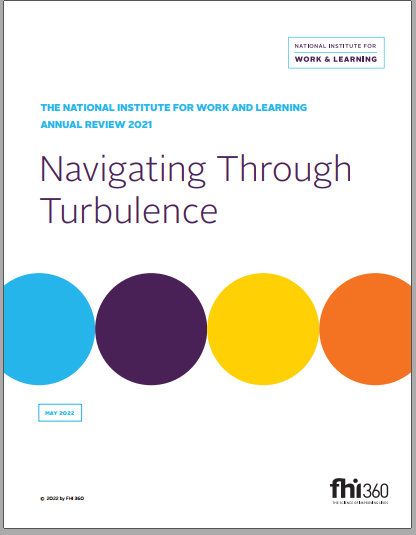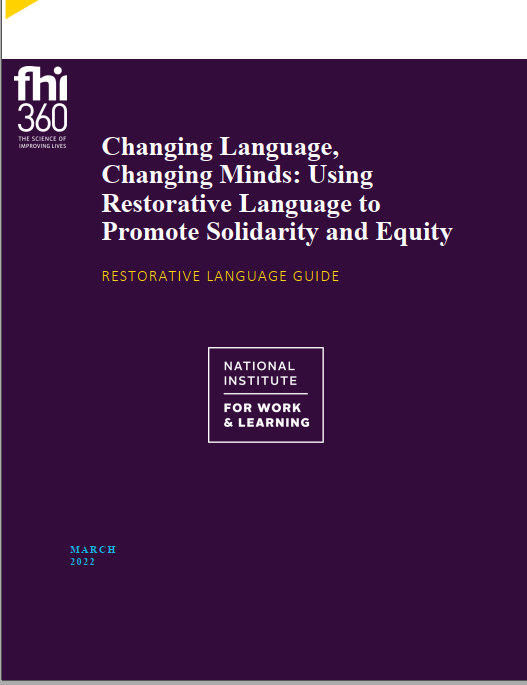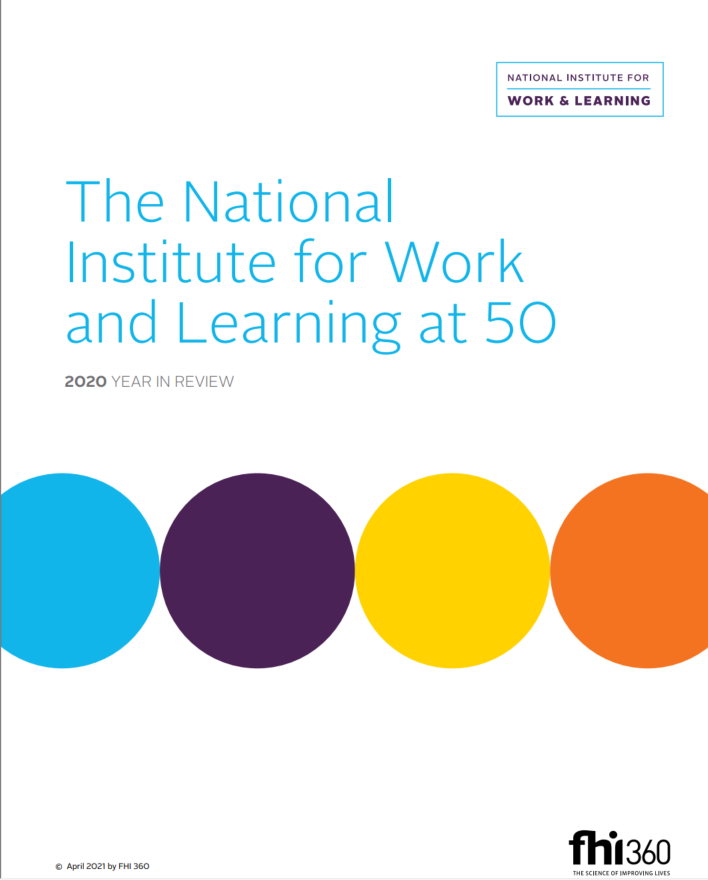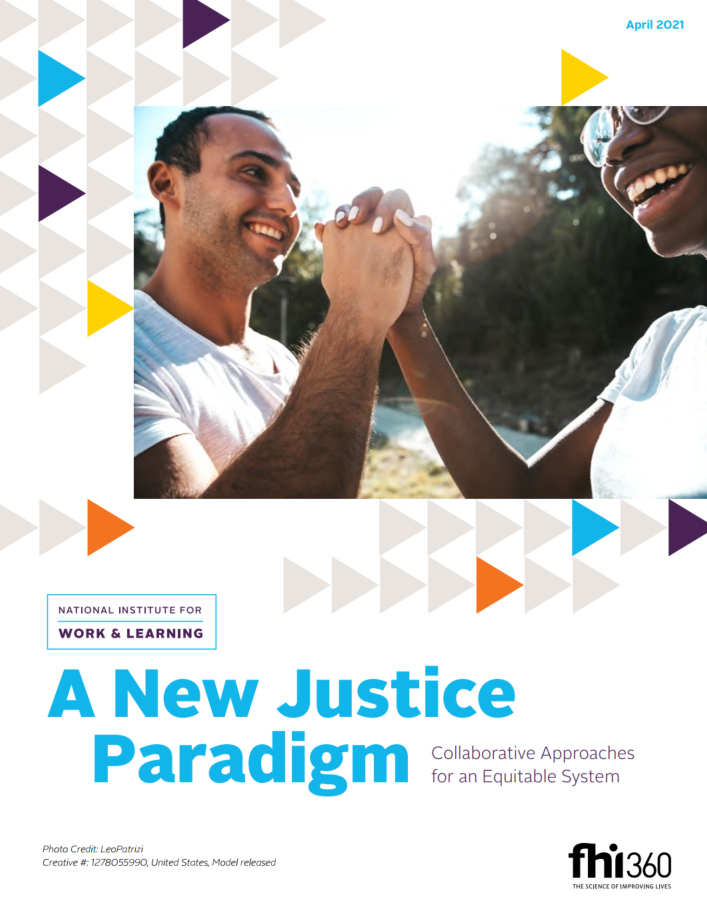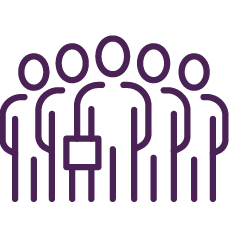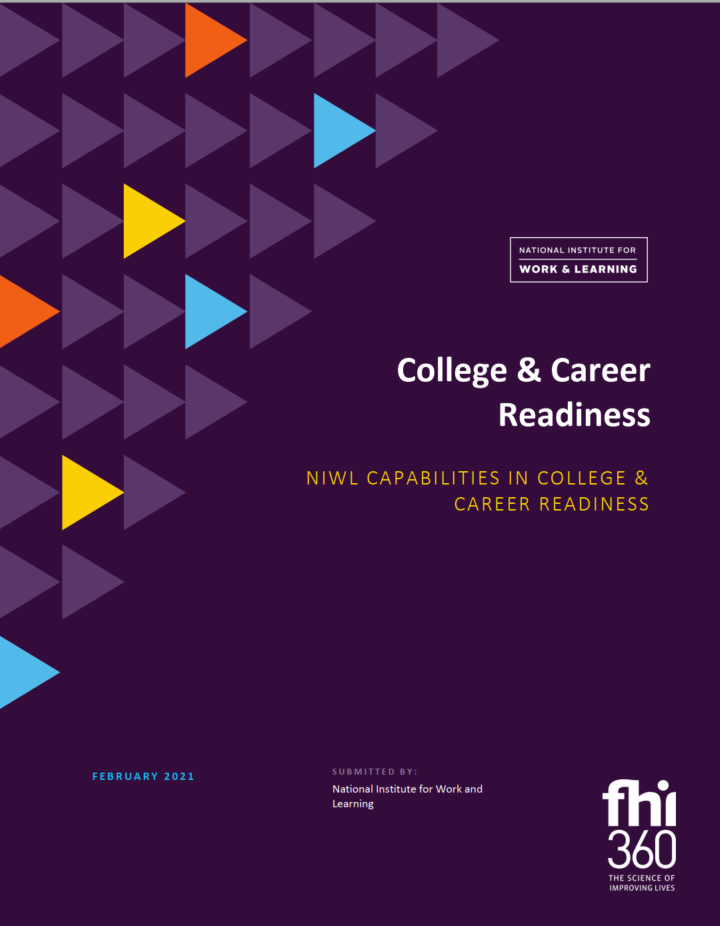This fact sheet profiles the work of FHI 360’s National Institute for Work and Learning (NIWL), which focuses on two key drivers of individual well-being: education and employment.
Audience: Workforce Boards
The individuals and communities we serve include those from historically underserved communities, who may be impacted by poverty, displaced from education or the workforce, involved with the justice system, or experience systemic and institutional inequities. By collaborating with these communities to devise responses to their needs and priorities we advance diversity, equity, and inclusion in work and learning. This Annual Review summarizes our work in 2022.
The National Association of Colleges and Employers (NACE) has developed a list of 8 key career readiness competencies that individuals can use as guidelines to prepare for success in the world of work. A competency is the ability to do something successfully or efficiently. Being career ready means that you have these skills or core competencies and can apply them in real world work scenarios as you manage your career over time. Read Becoming Career Ready for a snapshot of each of these competencies and ways in which you can enhance and advance your development of each.
FHI 360 has launched the Post-Release Employment Program (PREP) to fast-track participants from behind bars to employment within six weeks. Participants complete two-thirds or more of the employment training pre-release with expedited connection to employers upon graduation. PREP is designed to respond to the critical needs and challenges of individuals returning from jails or prison into their communities.
This annual review summarizes the work and accomplishments of the National Institute for Work and Learning across the areas of college and career readiness, workforce development, and research and evaluation. It references major projects, publications and events, and uses data to demonstrate outputs and, where possible, outcomes. The review also mentions new work won and our agenda for 2022.
Restorative, or humanizing language, removes stereotypes and labels and shows solidarity and support to people and communities impacted by a variety of circumstances. Through this guide, we encourage our clients and partners to support and lead change.
This highlights the work and success of NIWL programming in 2020.
A New Justice Paradigm: Collaborative Approaches for an Equitable System, explores the justice system from the perspective of criminal justice practitioners and young adults aged 18 to 24 who have been impacted by the justice system. We take this approach both to understand better— at the ground level—the system that exists and to help imagine a more supportive, more efficacious, and more equitable alternative. Some of the striking elements of the current justice system include the overwhelmingly disproportionate representation of young Black males in the system and the tragedy of how trauma has affected their young lives. Institutional inflexibility, from first contact with law enforcement through incarceration, limits young people’s chances to break the cycle of poverty and to pursue work and learning opportunities that could enrich their lives and their communities.
This fact sheet profiles FHI 360’s National Institute for Work and Learning (NIWL) workforce development efforts.
This fact sheet profiles the College & Career Readiness work of FHI 360’s National Institute for Work and Learning (NIWL).

